When the Darling team first watched this film, it stopped us in our tracks. Though we’ve been long aware of fast-fashion’s negative environmental, cultural, and economical implications, The True Cost educates and pinpoints the problem in such a way that we can’t not give a second-thought as to what we purchase.
It’s a film that will make you question the difference between a need and a want, possessions and materialism, and what’s truly behind a desire to consume.
We had the great pleasure of asking the film’s director, Andrew Morgan, a few questions about his documentary and we encourage you to read his thoughts (then watch, ask, and act) below:
Darling Magazine: Can you summarize the film in 3 sentences?
Andrew Morgan: The True Cost is a documentary film. It explores the impact of fashion on both people and the planet. For me, it has been a life changing journey and one that I’m excited for more and more people to go on through the film.
DM: What prompted you to develop “True Cost?”
Andrew: I was getting my coffee one morning about two years ago, when I picked up a copy of the NYT and read about a clothing factory that had collapsed taking the lives of more than 1,000 workers in Bangladesh.
As I stood there reading the article that morning, I thought about two things. First, how was an industry this powerful and profitable doing business in a way that (as I read) was leading to the ongoing loss and lessoning of human life? And, secondly, and perhaps most chilling, how had I never thought about where my clothes come from? That day I began doing some initial research and by the end of the week I was convinced it was a film that I wanted to make.
…how had I never thought about where my clothes come from?
DM: How should what we learn in the film affect us right now? Why should the everyday shopper make an immediate change?
Andrew: It has been an incredible experience to screen the film with audiences all over the world these last few weeks.The response from so many people out of those events and those viewing online has been overwhelming. Once you see this story and learn what is actually taking place, I believe the real question you start asking is: How could we not make a change?
There are very real implications that our choices are making on our world and the world’s most vulnerable people. I don’t believe people want to buy into a system that is doing these things and my hope is that by opening our eyes to this story, it will effect each of us and prompt all of us to find out what change looks like in our own lives.
DM: Why, in your opinion, do we feel such pressure to consume?
Andrew: We have been told a story that has cast us in the role of consumers. As a consumer, your chief value to society is to be a person who takes in things. This has led us to become very disconnected to the things we buy and bring into our lives.
My belief is that you are not merely a consumer, but rather a human being and as such, you have the unique privilege and responsibility to care about the kind of impact your choices make on the world around you.
DM: If someone feels overwhelmed at the end of this film, what’s one thing he or she could do to step in the right direction?
Andrew: There are massive system-sized changes needed here, but there are also very simple choices that we can begin to make.
The journey I have been on over the last two years has been one of slowing down the amount of things I buy and instead buying into fewer pieces made with more quality that I will have and hold onto for a long time.
I’ve also begun to ask companies that I love more questions about where their products come from and how they are made. I want to communicate to them that I care enough to buy into them making better choices as a company. This is a journey and while I don’t have it all figured out, it has already made my life so much more meaningful to buy into things that really are an extension of what I believe in.
Do the implications of fast-fashion affect your shopping choices?
To rent The True Cost online or to find out if there is a local screening near you, please visit here. You can also stay updated to The True Cost on Facebook, Twitter and Instagram.
Images provided by The True Cost

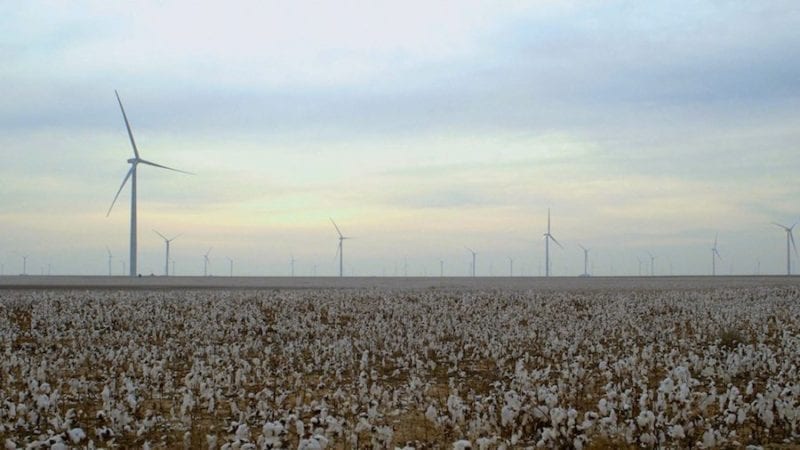
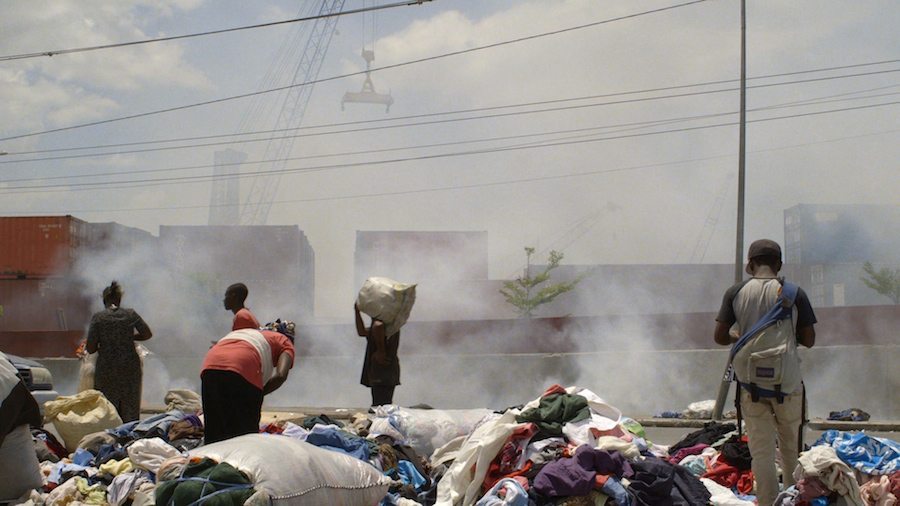
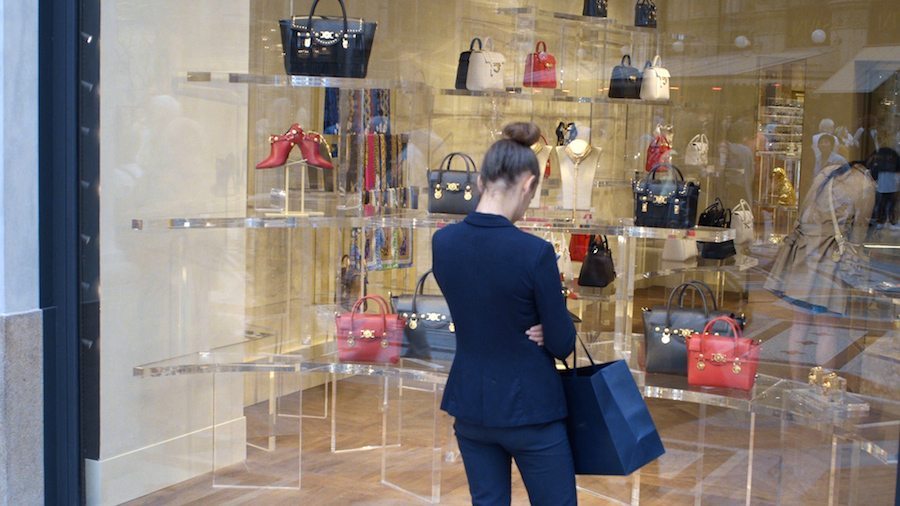
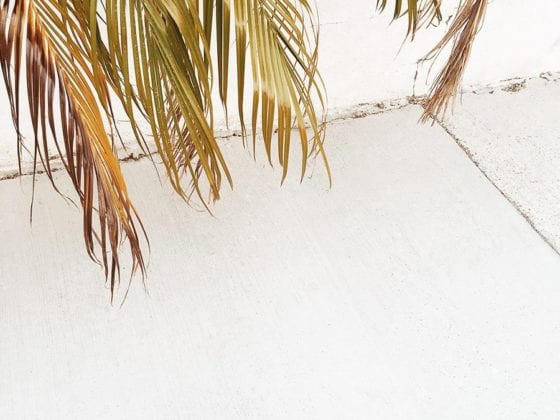
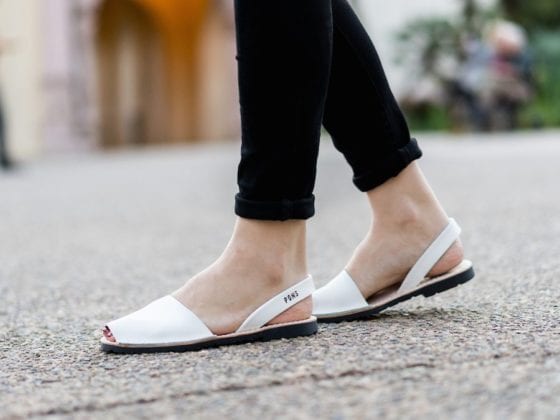

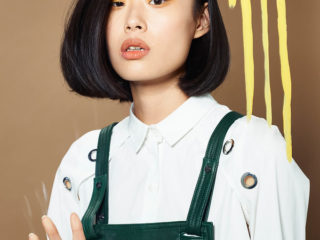
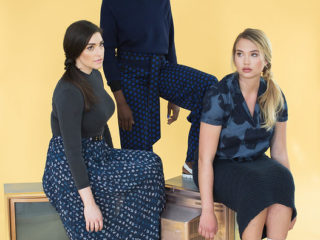





7 comments
I really hope this film helps in bringing the horrible realities of the fashion industry to the attention of the mainstream. Advocating for change is not just something for the liberals and tree-huggers. Not only is our (Western culture’s) obsession with “things” (be it clothing, toys, or other tchotchkes) costing the exploitation of other fellow human beings, it’s majorly impacting the nature of the world we live in. If we want to live a long, healthful and happy life, if we want what’s best for our children and our future generations, a big change needs to happen.
We need to change the conversation from “buy this and you will be better/cooler/happier” to “what can you do to better the world and, in turn, lead a more fulfilled life.” We need far less than we think we do. Thank you for highlighting this film and I hope to see more posts like this in the future.
Much Love xx
As an advocate for sustainable and ethical fashion, I admire this film for revealing the truth of the fashion industry. Hope more consumers advocate for change and see how important it is!
http://passportcouture.com
very informative. thank you so much. rethinking about my clothing purchases thanks to this article and film info.
This is a subjects very close to my hart and I respect Darling even more for talking about it. I wish there was a broader conversation about fashion ethics in the mainstream media
This is an powerful peek inside the world of conscious consumerism. The fashion industry is pervasive and, actually, necessary. But we can each make the choice to be intentional with our purchases and invest in quality brands. Thank you for sharing the beginning of what can create a giant ripple effect across the globe.
xx, leslie
http://www.onebrassfox.com
“I’ve also begun to ask companies that I love more questions about where their products come from and how they are made. I want to communicate to them that I care enough to buy into them making better choices as a company.”
I really wish more people felt the weight of that principle. Our individual choices in what we wear, what we consume, and how have GREAT power; but it does take some effort on our part, a decision to communicate with companies through our spending choices and through their social media outlets to work with them in creating a more ethical culture around consuming. Especially with us in the West. All of the power at our finger tips, all of the information, all of the choices made my companies to supply for our perceived demands. What if we changed our demands?
I’ve been hearing more and more on this topic lately, and now I really want to watch this documentary and become more knowledgeable of how I’m spending my money. And how we can help move away from this powerful but broken system in the fashion world. Even though Andrew Morgan comes across as very hopeful in this interview (which I seriously applaud after what he’s seen and documented), I can’t count the number of times I’ve heard friends (even myself a time or two) say something like, “This is so cheap. Probably made in some sweat shop overseas. Ugh, I can’t think about that right now.” We can’t keep thinking like that. We just can’t. Love this interview.